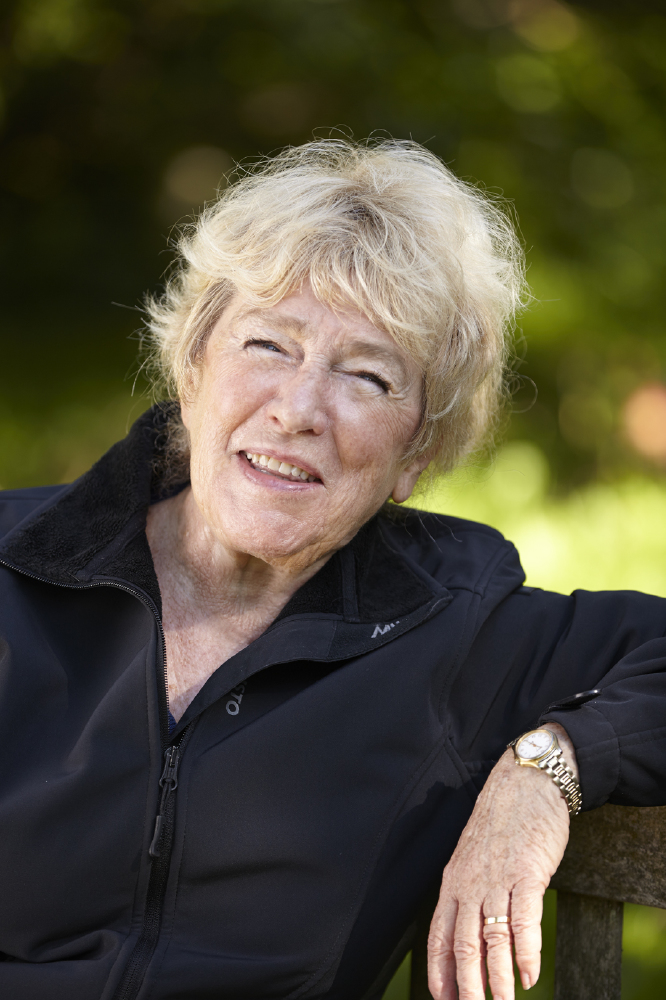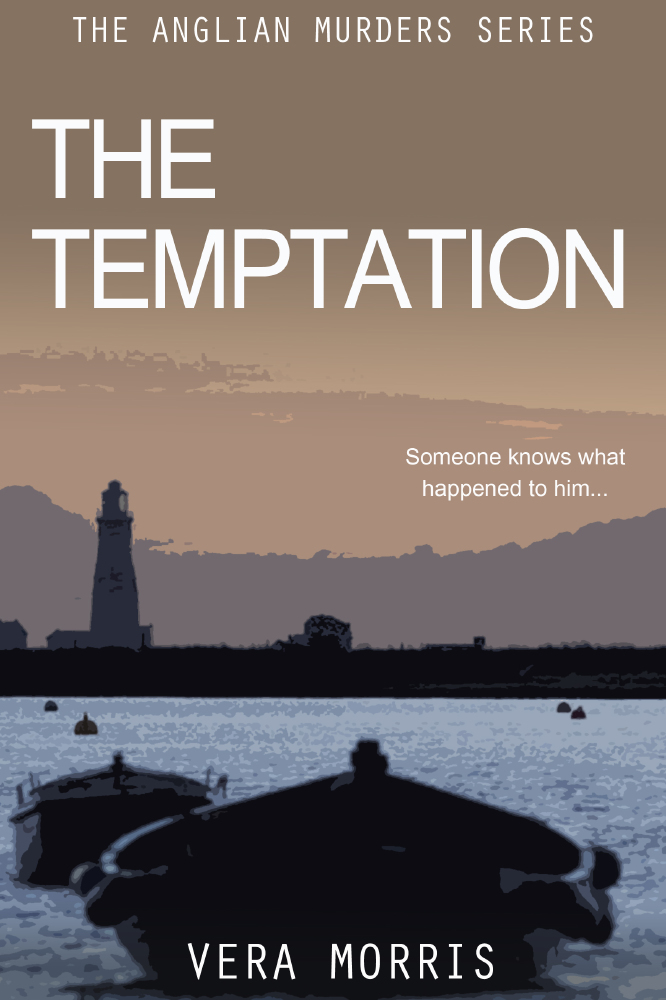Up to the age of twenty-one, the only literature I was interested in was ‘The Classics’. I avidly read the great novelists: George Eliot, DH Lawrence, Thomas Hardy. Crime fiction? No way.

Vera Morris
I hitchhiked with my boyfriend to Spain and we ended up at Rosas – then a small town on the Costa Brava. I had to have something to read, but the only books in English were by Agatha Christie. That was it – hooked. I continued to devour crime: from Dorothy L Sayers and other writers from the Golden Age of crime, to modern masters such as Peter James and Val McDermid. I particularly enjoy a crime series; increasingly caring about the main characters as their lives change with each new case.
Unlike many writers, while I was working, I never dreamed of writing even a short story, never mind a novel, but when I took early retirement I decided I to try my hand. I started a crime novel; serial killers were the new thing, but my female protagonist was so terrifying I couldn’t bear to spend a year in her company.
I joined the Romantic Novelists Association New Writers’ Scheme. This gave me temporary membership and I could submit a manuscript to the critiqued by an established writer for a very reasonable sum. The RNA is a great organisation and I would recommend it and the NWS if you are looking for support, positive help and friendship.
However, when I got the critique for my novel, One Moon, Two Waters, I was told this was NOT A ROMANTIC NOVEL! Far too much violence, rape and murder! That was it. I turned back to crime – but this time created characters I could live with, apart from the murderers!
My first crime novel, Some Particular Evil, published by Accent Press, is set on the remote, haunting coast of Suffolk, and is the first of the Anglian Detective Agency Series. The second, The Temptation, is published this May.
It’s 1971. Thirteen-year-old David Pemberton has been missing for two years. It’s now up to Laurel Bowman and Frank Diamond, partners in the newly formed Anglian Detective Agency to find him. But how do you solve a cold case with no leads? Are there connections with the brutal deaths of three local residents? As their first big case unravels, they uncover a circle of temptation, destruction and deceit. But the closer they get to solving the case, the more exposed they are to danger, and both Laurel’s and Frank’s lives are at risk.
Why write about the 1970s? Why choose to set the novels in a remote part of the country? This decade was one of great change and unrest in the United Kingdom; a shifting backdrop to the novels. The stretch of coast from the drowned city of Dunwich with its eroded cliffs, the isolated Minsmere bird reserve, the nuclear establishment of Sizewell, the artistic town of Aldeburgh, to the strange spit of land called Orfordness, is one that has fascinated me since childhood. To write about places you care for is an intense pleasure.
I’ve loved writing these novels, helping Laurel and Frank through perplexing and dangerous cases, and I’ve almost completed the first draft of the third in the series: The Loophole.
So here’s to crime!


